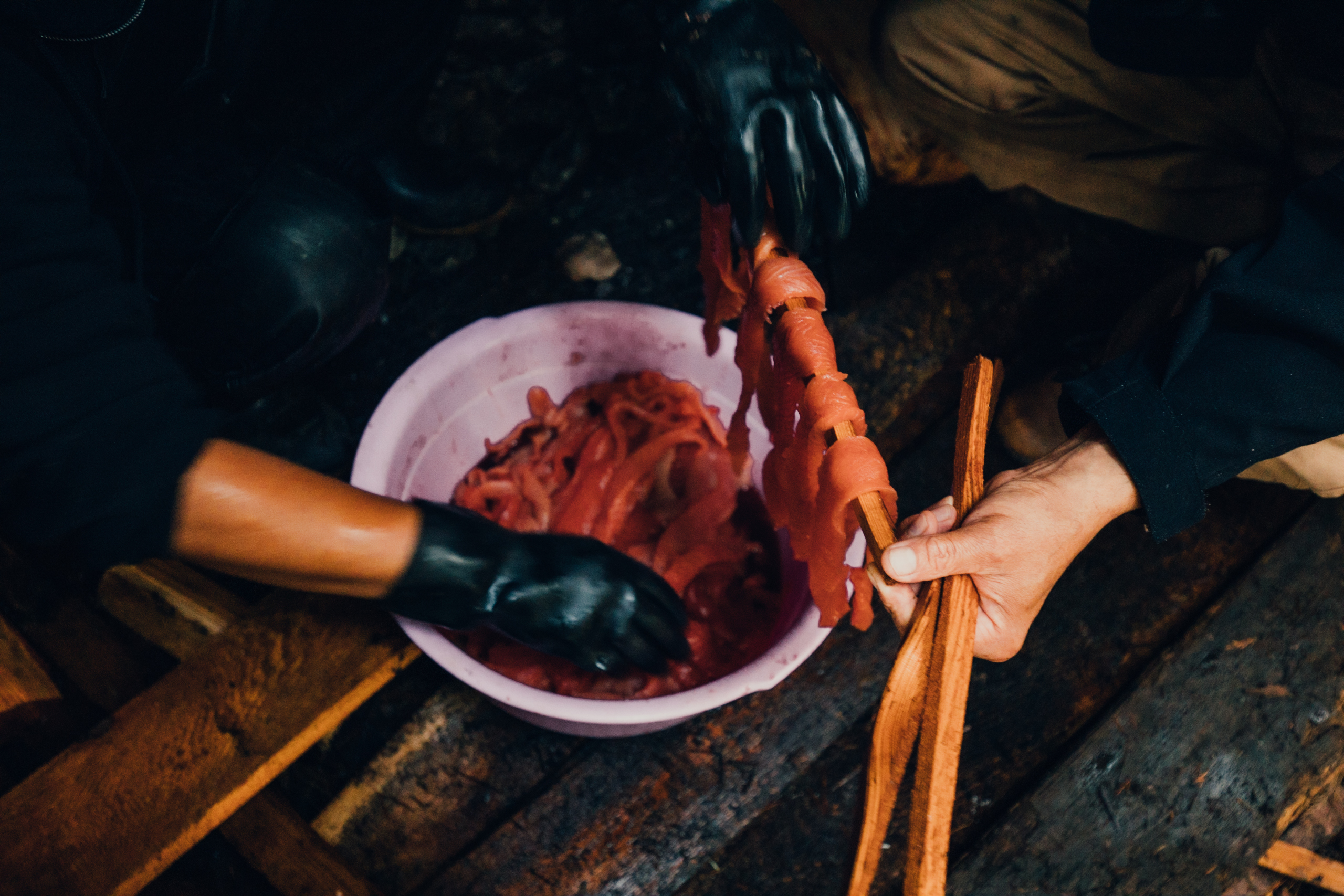How can we centre Indigenous community voices and help set a table for just and equitable relationships in philanthropy? How can the philanthropic community work together to address institutional barriers to funding restorative and regenerative work of Indigenous community-based organizations?
These are some of the central questions the Right Relations Collaborative is seeking to answer.
Earlier this month, ‘Cúagilákv (Jess Housty), Executive Director of Qqs Projects Society in Heiltsuk Territory, and Kim Hardy, Pacific Partnerships Lead at MakeWay, joined the Festival of What Works to share insights about this new and evolving partnership.
The Right Relations Collaborative seeks to shift the power dynamics of conventional philanthropy by inviting funders to the table set by the Indigenous Council of Aunties to be in right relationship.
“This collaborative brings community-rooted Indigenous changemakers and aligned philanthropic partners together so that we can look at new ways of being in relationship with one another,” explains Jess.
The Collaborative is a response to unbalanced power dynamics between philanthropy and Indigenous communities which undermine the very change that funders seek to support. From rigid program funds and paperwork to funder-imposed grant outcomes, settler created philanthropy can silo and constrain the holistic visions and integrated values rooted in Indigenous-led solutions. Indigenous leaders are often left out of accessing philanthropy, having to explain the links between elements such as healthy lands and healthy languages, at the expense of advancing their work.
The Right Relations Collaborative is demonstrating that there is an opportunity for philanthropy to operate in a different way, one based on the Indigenous teachings of reciprocity, giving, and deep listening. Using an agreed upon engagement framework, the Council of Aunties is able to vet potential funders to ensure they are committed to a path of learning and unlearning, and that they are aligned from a values perspective.
“I love the engagement framework for funders because it asks ‘What is your money story? How do you think about land back? What are your investments doing? Are they aligned with the values guiding your philanthropy?’ Going through that exercise, which most funders have never been asked, is an opportunity to reflect and share. The power shift comes as a relief to a lot of funders,” says Kim.
The Collaborative is working with funders who have gone through the vetting process with the Aunties. The funds are supporting projects like zero barrier food security programs in Heiltsuk Territory, energy sovereignty on Haida Gwaii, rebuilding ancestral governance in Nuxalk Territory, and the development of a new organization to protect waters, restore lands, and heal cultures in Tsilhqot’in Territory.
“One of the most beautiful things this collaborative is starting to do is just trust,” says Jess. “Trust that community leaders know what needs to be done in their communities and find ways to joyfully celebrate the good things they’re doing.”
Learn more about The Right Relations Collaborative’s work through their website.
